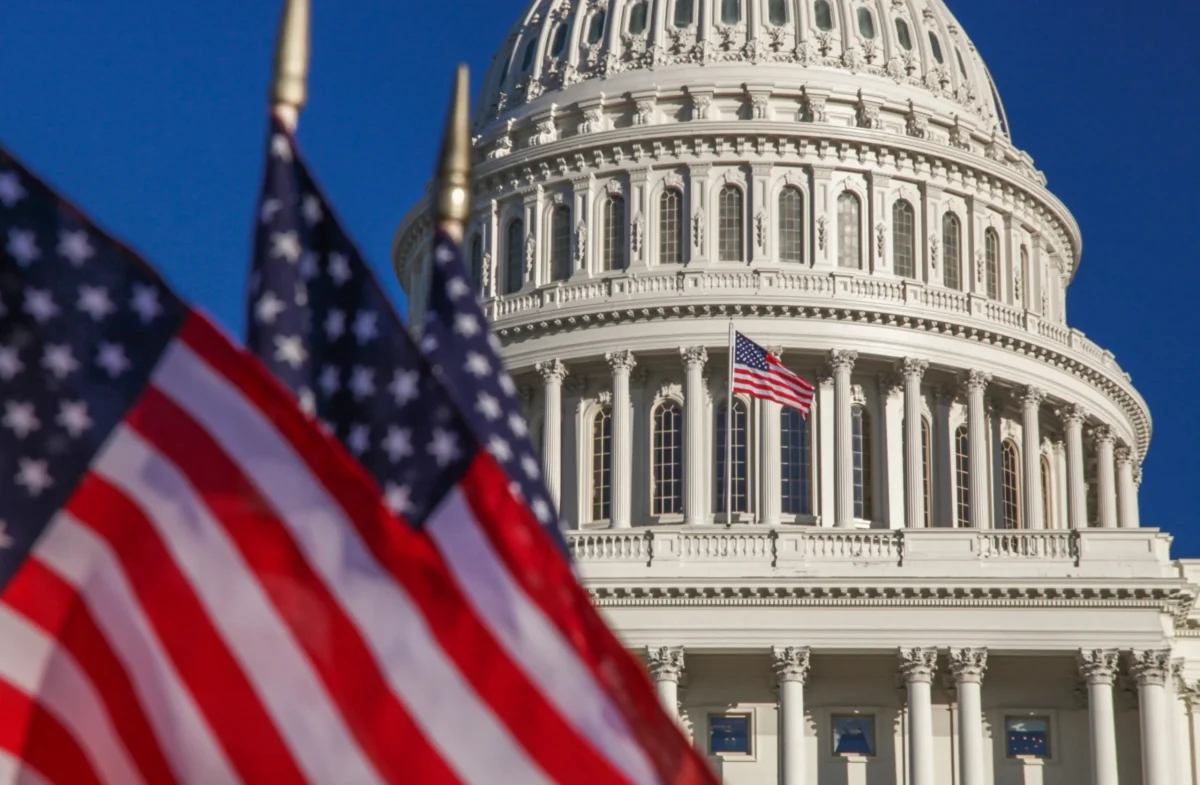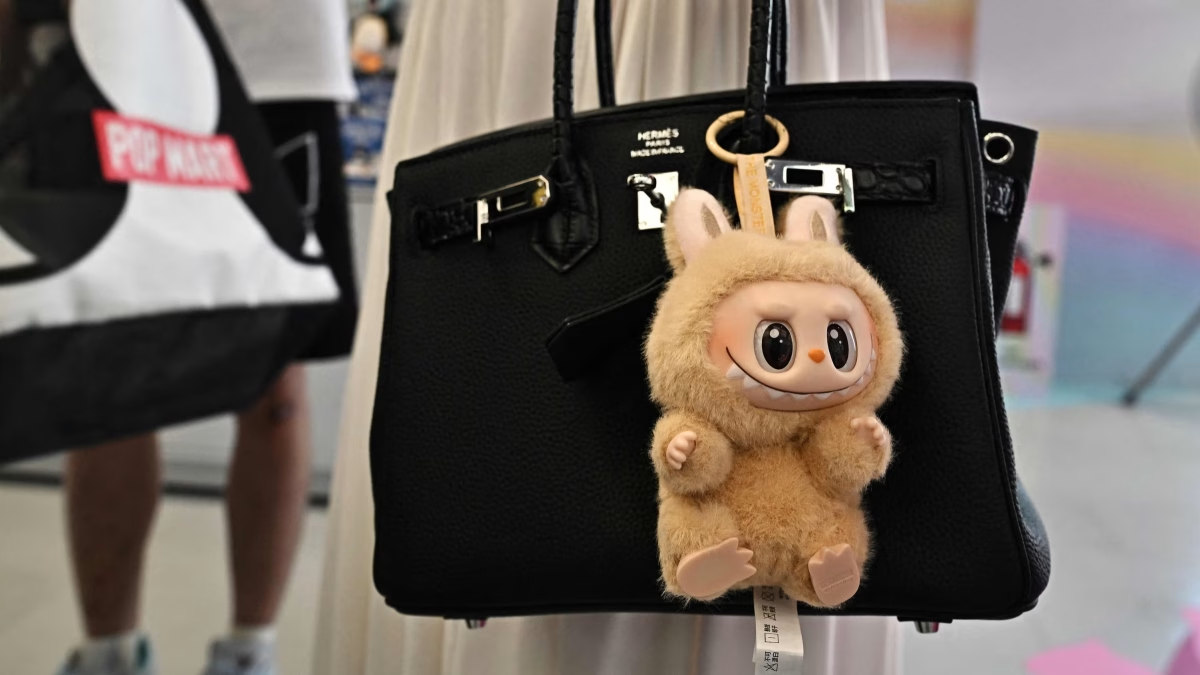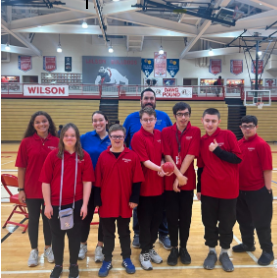Regardless of your political standpoint or ideology, you more than likely know of the ultimate COVID-19 nostalgia game Among Us. Perhaps the only common trait amongst every school-aged Gen-Zer’s quarantine were the secret Among Us rounds happening behind disabled Google Meet cameras and muted microphones.
When I revisited the game recently, I realized that some foundational facets of the game, as well as individual strategies, could be accurately applied to modern American politics. Let me preface this by mentioning that Among Us is not a politically motivated game. Nothing that I may mention was taken into consideration while the game was being created; it simply poses as a metaphor.
Essentially, in Among Us, there are two main groups of players chosen at random: Crewmates and Impostors. While this differs from when Among Us was popular, lobbies may now contain 15 people. The maximum number of impostors is three, making them 20% of the total population. The jobs of the crewmates vary, similarly to how 80% of the American population’s jobs vary; they ebb and flow to meet an individual’s needs, since security, in any capacity, is not guaranteed for them. The average of 12 jobs during the American 80 percent’s lifetime is how we keep the “ship” in proper working order.
Impostors only have a couple of functions: sabotage and murder, murder being hypothetical for a real world scenario. At the end of the day, doing tasks doesn’t help them to achieve their goals, quite the contrary. Instead, faking tasks in order to deceive crewmates of their malicious intentions allows them to slip through the cracks and get away with murder. Sabotage forces crewmates into distraction, and sometimes desperation, then giving impostors more time to run out their kill cooldown and commit another murder. Or, more realistically, wait until the next step of their detrimental plan can come to fruition.
In other cases, sabotage is triggered to distract away from a past murder. In the real world, such a distraction could be like publicly demanding CocaCola use pure cane sugar in their recipe or releasing the MLK and JFK files rather than the one set of files we actually want to see.
So far, basic happenings for crewmates in Among Us can be applied to the average American worker, while impostors may include big business owners, but more so politicians. All types of impostors are quick to distract the common eye from what they’re really doing; the only big difference is that, in real life, we don’t know why until it’s too late. However, on the off chance that we’re well aware of the agenda being implemented by the impostors, some attempt to join them.
Some crewmates, instead of helping the vast majority that they are a part of, look more to either helping themselves or hurting others. Perhaps they witness the impostor commit a murder; instead of reporting it, they walk away as if nothing happened. They do this in hopes of being spared. Some crewmates even begin vouching for the innocence of proven impostors so that they don’t receive any harm or to ensure the harm to another crewmate that they might dislike.
Of course, that’s never how it goes. Impostors are quick to betray once instilling trust. Those few selfish crewmates regret their decision, but only because it ended up backfiring. Does this sound familiar yet?
Allow me to delve into the wonderful world of Twitter (deadnaming it until its owner calls his daughter by her name) where I happened among the perfect tweet for this occasion. The user speaks of a woman who is a friend of her mom’s from work who voted for Trump, tweeting: “She is now complaining Trump might take her social security [because] she didn’t think it applied to her, only immigrants.” Surprise, Karen, I hope you enjoy retirement when you turn 105.
It goes to show that even when some crewmates believe themselves to be safe from the horrors generated by the impostors because they “support” the impostors, they will die and lose in the end, dragging everyone else with them. To put it into reality, those who support such a harmful group of people will not end up reaping the “benefits” that they were promised. They’re still part of the 80% that the 20% looks down upon. Although many tend to over-complicate it, politics is not rocket science. Doing basic research to educate yourself on, oh, I don’t know, mass deportations, the genocide of Palestinians, Epstein and the files, women’s healthcare and abortion rights, systemic and historical misogyny, American propaganda, the Big Beautiful Bill, cutting funding to specialized suicide hotlines, the USA’s withdrawal from the United Nations Human Rights Council, and other blatantly controversial acts and policies that have been either denied or endorsed in Trump’s America, may significantly shift your view of what kind of country you’re living in as a result of this Impostor in office. The day we all begin to wake up and understand how our vote will affect the masses, will be the day that we revolt and win this big, terrible game of Among Us.


































